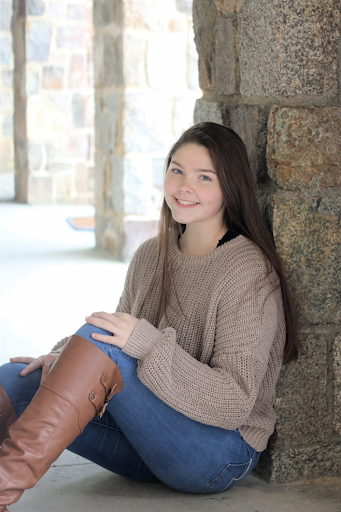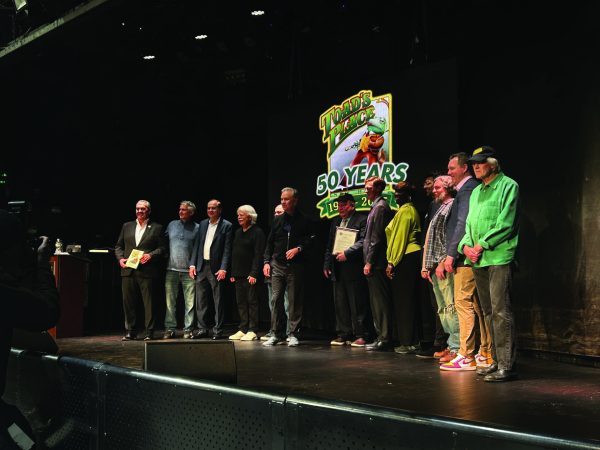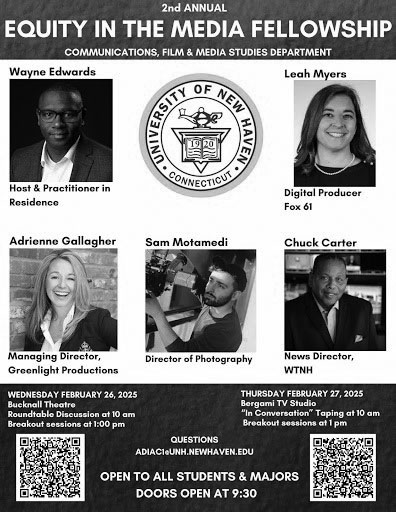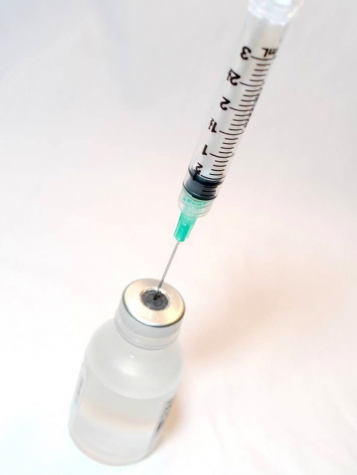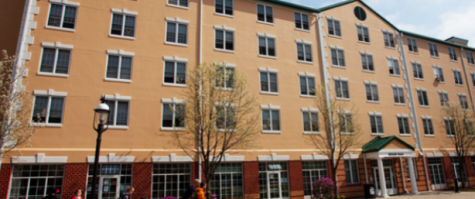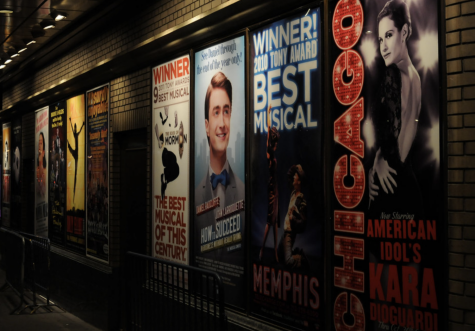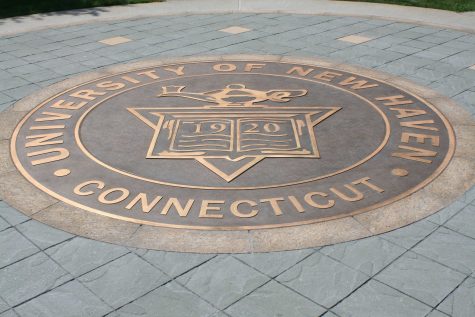Reflection on COVID-19: Ashley Barry
My friends and I were at the Recreation Center when Pres. Kaplan emailed the student body to encourage us to leave campus as soon as possible. It felt like the world stopped. Everyone was looking down at their phones. People were frantically making phone calls to try to find a way to get home with such short notice. I immediately had to leave the Rec Center because it was closing, so my friends and I went back to our dorms and started packing. With spring break the following week, I didn’t know how much to pack because there were assumptions that we wouldn’t be coming back. My roommates and I packed as much as we could at that time just to be prepared. I remember looking out my window around six in the evening to see people lugging bags around and cars filtering out of campus as quickly as possible. When I left around 9 that night, the campus was mostly empty. There were barely any cars in the parking lots or people walking around. I said goodbye to some of my friends that I got so close to, not knowing that that was the last time I would see them until August.
Being home and in quarantine has been a challenge. I can’t see my friends that I would normally see every weekend; I can’t go to the gym every day; we don’t have the privilege of going out to eat anymore. This has made me notice that we all take for granted little things that we did every day and didn’t think twice about. We all had to make adjustments to our lives to conform to this pandemic. Being able to be with loved ones can now put them at risk. My uncle suffers from squamous cell carcinoma. My mom is his health care proxy and this means that if she carries the virus and infects him, it could be detrimental to his life.
My sister’s birthday was on April 5 and I went to Market Basket to get her breakfast pastries for when she woke up and a birthday cake for later that day. When I got to the store, I waited in line for a little under an hour. The line was wrapped around the whole plaza because there were black taped lines 6 feet apart from each other telling us where to stand and as people left the store others could enter to keep the numbers steady and safe. As I waited in line on my 6-feet marker, I observed that if people weren’t standing on their marker, others in front of them would be quick to let them know, but not always in the nicest manner. When I got in the store people were rushing around and staying as far apart from each other as possible. I had a question about where something was located in the store and when I asked a worker she turned away while answering me, never looking me in the eye. I wore a mask and gloves just like almost every other person in the store. I feel that during this time if I don’t wear a mask and gloves, people would look down on me because I would be doing an injustice to the community. What used to be a 5-minute trip to the store turned into an hour and a half.
I understand that this worldwide COVID-19 pandemic is something that we have never encountered before and hope to never go through again. However, in these hard times, we need to stay positive, and now more than ever we need to lean on one another. Even though we can’t physically be there with one another, we can call and check up on each other. We can go to the grocery store for our elderly loved ones to cut down the risk of them getting this disease. I challenge the community to get creative while staying home. For my sister’s birthday we put signs in our front yard saying, “honk to wish Gracie a happy 16th birthday”. This still made such a big day feel special to my sister because everyone we would have had over for her birthday could still “be” with her without being with her. The possibilities of what we can do are endless and staying home during this can save lives.
Ashley Barry,‘23, is a dental hygiene major at the University of New Haven’s School of Health Sciences from North Attleboro, Massachusetts. She is involved in the New Haven club volleyball team and the Health Occupations Students of America (HOSA) club on campus. This piece is part of the “Caught in the Pandemic” project in collaboration with the Principles of Communication course taught by Health Administration and Policy professor, Alvin Tran, ScD, MPH.



